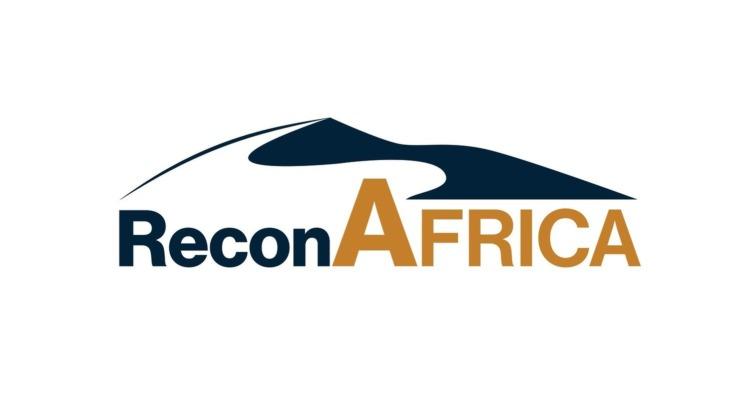A small oil and gas exploration company that has offices in Africa, North America and United Kingdom is drilling into what it believes could be a massive onshore oil deposit under and alongside an ecologically and culturally important swath of the Kalahari Desert in northeast Namibia and northwest Botswana.
The firm known as Reconnaissance Energy Africa {ReconAfrica} says its Continued research findings present a picture of generating 100 billion barrels of oil and gas, a quantity roughly equal in volume to the proven oil reserves of Kuwait or the United Arab Emirates.
This Timely and good news however are facing a probable opposition from two United bodies and other independent entities who are arguing that in an event of this it will threaten local water supplies as well as the livelihoods of Indigenous people as the exploration site is found in a region also home to two United Nations Educational, Scientific and Cultural Organization world heritage sites and a trio of national parks.
Craig Steinke, the founder of ReconAfrica, says that his company made its find in the Kavango Basin after a worldwide search for undeveloped oil reserves. Among the things that tipped the company off to the area in question was subsurface data gleaned from a well that had been drilled in a shallow part of the basin nearly six decades ago.
“It was more of a geological hunch,” Steinke said of the trail that led geologists east to the basin’s deeper reaches.
ReconAfrica is now building a Namibian oil company staffed in part with locals and it is drilling a series of stratigraphic test wells to prove there’s an active petroleum system in the area. If there is, it intends to develop the find.
“We’re not here to flip it,” Steinke said. “We do envision this as a potentially very large resource that will help industrialize the country.”
According to the Company’s Map one of the ReconAfrica’s exploration wells is some 50 kilometers from a protective no-go zone along the Okavango River, a River that drains into the Okavango Delta, a world heritage site described by UNESCO as a “near pristine,” untransformed wetland home to some of the world’s most vulnerable or endangered large animals, including cheetahs, lions and white and black rhinoceroses.
UNESCO’s World Heritage Centre has said it is “following with attention and concern” ReconAfrica’s work, which it sees as potentially having an impact on the delta as well as the nearby Tsodilo Hills world heritage site. That site is home to rock art that may date as far back as the stone age, according to UNESCO. It continues to be a place of worship for local communities.
The UN body plans to look at the state of conservation of the inland delta during its next world heritage committee meeting slated this July.
Windhoek, Namibia chapter of the Fridays for Future environmental movement, has decried ReconAfrica’s ambitions for the region. Referring to the potential find a “a Climate bomb” that risks blowing attempts to meet commitments made under the Paris Agreement to limit global warming.
ALSO READ: Relief For Start-ups As Bantaba Platform Finally Goes Live
When the founder was taken to task and asked why he thought that the region was sensible area , Steinke said “The oil is where you find it.”
Buffer zones protect key sensitive areas in the region and ReconAfrica’s license does not include the UNESCO sites themselves, according to the company. But Steinke says “Good oilfield practices … if they’re employed, there is no risk to the environment. Zero,” Steinke said.
ReconAfrica holds a 90 per cent interest of the exploration license in the area, with Namibia’s state-owned oil company holding the remainder. Steinke described the region as one of the most populated in the country, but one where many people suffer from generational poverty and live without electricity or nearby access to clean water.
“The Namibian government has every right to develop its natural resources and pull its people out of poverty,” Steinke said.
Namibia’s Human Development Index score in 2019 placed it 130th out of 189 countries and territories, according to a 2020 report by the United Development Programme.
According to the UN Environmental Programme, Substantial oil and gas finds can be a significant opportunity for the social, economic and political development of a country, but they can also pose significant risks of environmental damage and compromised public health and safety.
ReconAfrica recently said in a news release that its first well had proven a working system in the basin.
